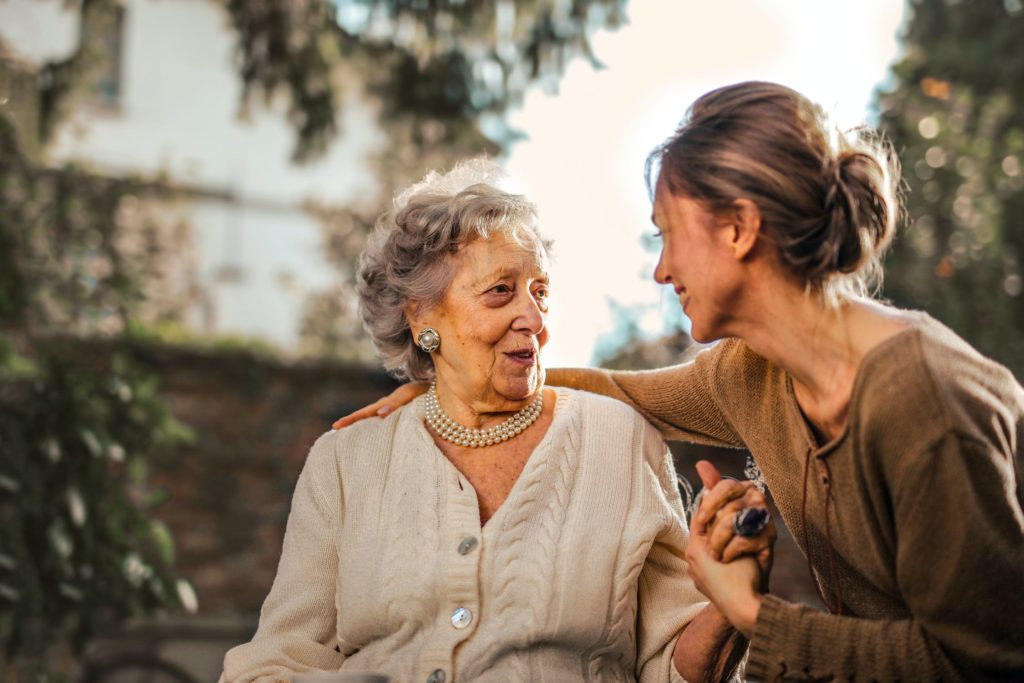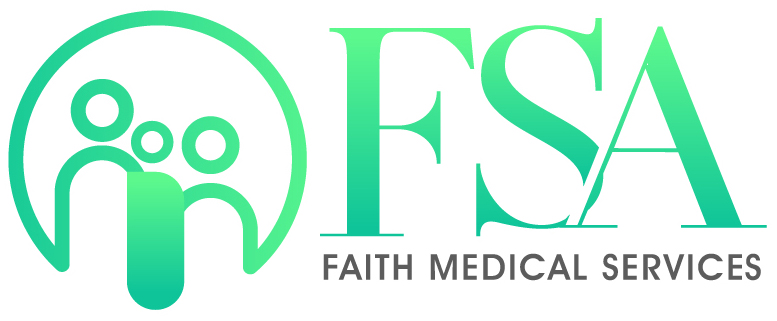Sending an elderly relative to a nursing home can be a tough decision. After all, you’re sacrificing money and personal time with them, all in the idea that they will be looked after by a professional team of nurses and caregivers. When you draw the line, the sacrifices should be worth it. But what happens when you make these financial and emotional sacrifices to discover that the conditions in the nursing home are not only subpar but below the limits of human dignity? Unfortunately, nursing home abuse is a severe problem in the United States, with some studies estimating that at least 24% of nursing home residents experienced physical abuse.
And reality could be even bleaker, experts say. Because they’re afraid of being punished, worrying their loved ones, or simply because they don’t have a family to talk to, only 1 in 14 nursing home residents speak up about their abuse, which further propagates the problem.
But the signs of abuse are rarely unnoticeable. By visiting your loved one more often and analyzing their behavior, you can learn to spot them and take measures for their health and safety.

Physical abuse
The signs of physical abuse are the easiest to spot because they leave marks on the body:
- Injuries, bruises, and scars that can’t be explained by “accidents” (which shouldn’t happen anyway, because the nurses are supposed to supervise them).
- Signs of restraint around the wrist
- Missing patches of hair
- Broken glasses or torn clothes
Emotional abuse
Emotional abuse includes any behavior that diminishes your loved one’s dignity and wellbeing. This includes things such as screaming, insults, shaming, criticism, manipulation (including financial manipulation), or having a generally hostile attitude towards them. As a result, you’ll see changes your loved one’s behavior, such as:
- Feeling sad, distant, or jumpy
- Refusing to be alone in the same room with the caregiver or asking you not to go after a visit
- Developing nervous gestures such as biting their nails, avoiding eye contact, or wringing their hands
Neglect
Although neglect doesn’t imply a specific action, but rather a lack thereof, it’s just as harmful as abuse because it endangers your loved one’s physical and emotional wellbeing. Here are some signs that could indicate neglect in the elderly:
- Unkempt appearance and poor hygiene
- Unexplained weight loss
- Developing clingy behavior
In all these cases, the caregiver might refuse to leave you alone in the same room with your loved one, so watch out for this red flag.
Is home health care safer than a nursing home?
Whether you’ve decided that the nursing home is no longer a safe space for your elderly relative or you don’t want to take the risk, home health care is a viable option. Depending on your needs, either a skilled nurse or a personal caregiver can come to their home for as many hours as needed and help them with their medical therapy, chores, meals, and groceries. This way, they’ll continue to live in a familiar environment, and you’ll continue to be actively involved in their life.
